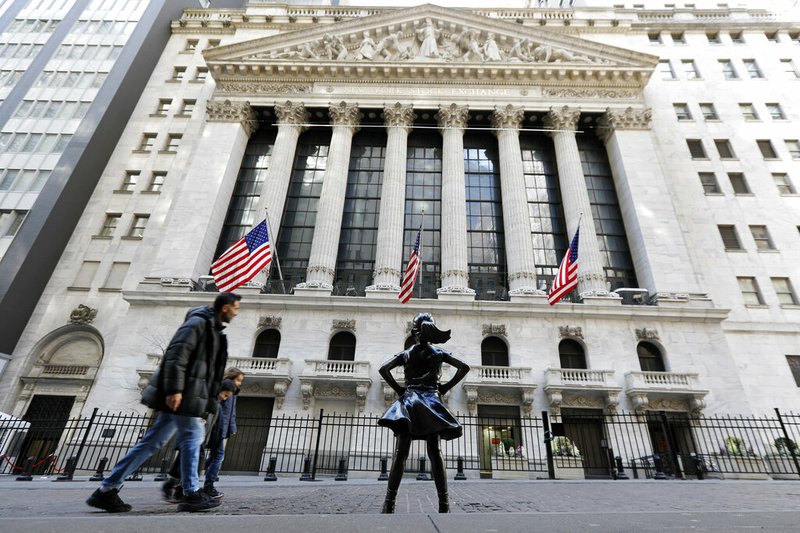WASHINGTON — U.S. stock futures began falling on Sunday after the Federal Reserve announced that it would slash its benchmark interest rate to near zero and buy $700 billion in Treasury and mortgage bonds.
Futures for the S&P 500 index dropped 4%, while futures for the Dow Jones Industrial Average fell 3.7%. Gold prices rose 3.5%.
The Fed announced its moves to keep financial markets functioning and to keep lending flowing to businesses and consumers. Otherwise, as revenue dries up for countless small businesses that have suddenly lost customers, these employers could be forced to lay off workers or even seek bankruptcy protection.
“This is a break-the-glass moment” for the Fed, said Mark Zandi, chief economist at Moody’s Analytics. “They are throwing everything they’ve got at this. My sense is they must be nervous about the credit system not functioning properly. They are trying to shore up confidence.”
By aggressively slashing its benchmark short-term rate and pumping hundreds of billions of dollars into the financial system, the Fed’s moves Sunday recalled the emergency action it took at the height of the financial crisis. Starting in 2008, the Fed cut its key rate to near zero and kept it there for seven years. The central bank has now returned that rate — which influences many consumer and business loans — to its record-low level.
The move drew praise from President Donald Trump, who had attacked the Fed as recently as Saturday for not acting quickly or aggressively enough.
“It make me very happy,” Trump said as he opened a White House briefing on the coronavirus. “I think that people and the markets should be very thrilled.”
Trump has been critical of the Fed before and after his presidency. In 2016, he argued that the Fed was keeping interest rates “artificially low so that [President Barack] Obama can go out and play golf after January [2017] and say that he did a good job. But it is a very false economy.”
In 2018 Trump said the Fed was raising rates too quickly during his presidency, and he called the Fed “my biggest threat.”
